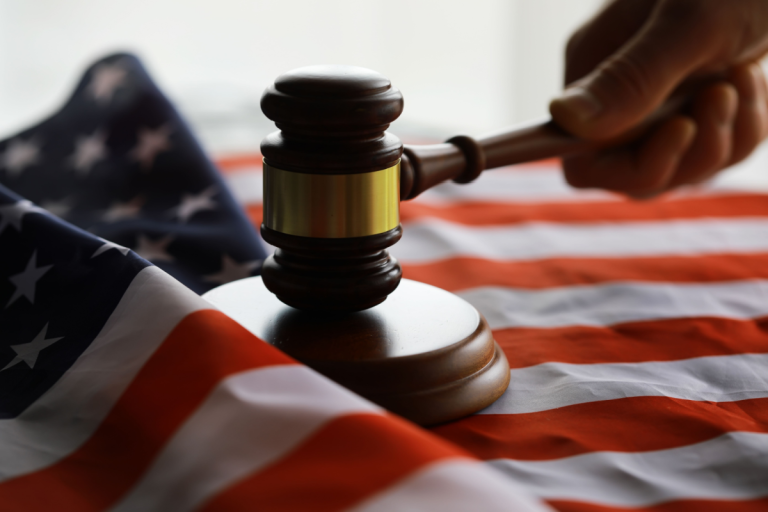Former President Donald Trump has signed an executive order directing federal prosecutors to pursue charges against individuals who burn American flags during protests. The move attempts to bypass a landmark 1989 Supreme Court ruling that protects flag burning as a form of political expression under the First Amendment. The order reignites a longstanding debate over free speech and patriotism in the United States.
Details of the Executive Order
The order instructs Attorney General Pam Bondi to review flag-burning incidents and determine whether participants can be prosecuted under existing laws, such as disturbing the peace or environmental violations. While Trump declared that “you burn a flag, you get one year in jail,” the order itself does not specify penalties. Instead, it directs prosecutors to find legal avenues to punish the act within current statutes.
Background and Legal Context
Trump’s directive challenges the 1989 Supreme Court case Texas v. Johnson, which struck down flag-burning laws in 48 states and established that flag destruction is constitutionally protected political speech. The decision, reached by a narrow 5-4 vote, has long been criticized by conservatives. Trump has repeatedly voiced his opposition, going back to 2016 when he suggested that flag burners should face jail or even loss of citizenship.
Public Opinion
Polls show that many Americans share Trump’s opposition to flag burning. A 2020 YouGov survey found nearly half of respondents supported making flag destruction illegal, while one-third defended it as free speech. By 2023, 59% of Americans considered flag burning during protests to be “always unacceptable.” Despite these views, legal scholars stress that only a new Supreme Court ruling or a constitutional amendment could overturn existing protections.
Trump’s executive order reflects both his longstanding stance against flag burning and the broader cultural divide surrounding free expression and national symbols. While the order may lead to prosecutions under alternative laws, it does not override constitutional protections established by the Supreme Court. The clash highlights ongoing tensions between popular opinion, presidential authority, and constitutional freedoms.


